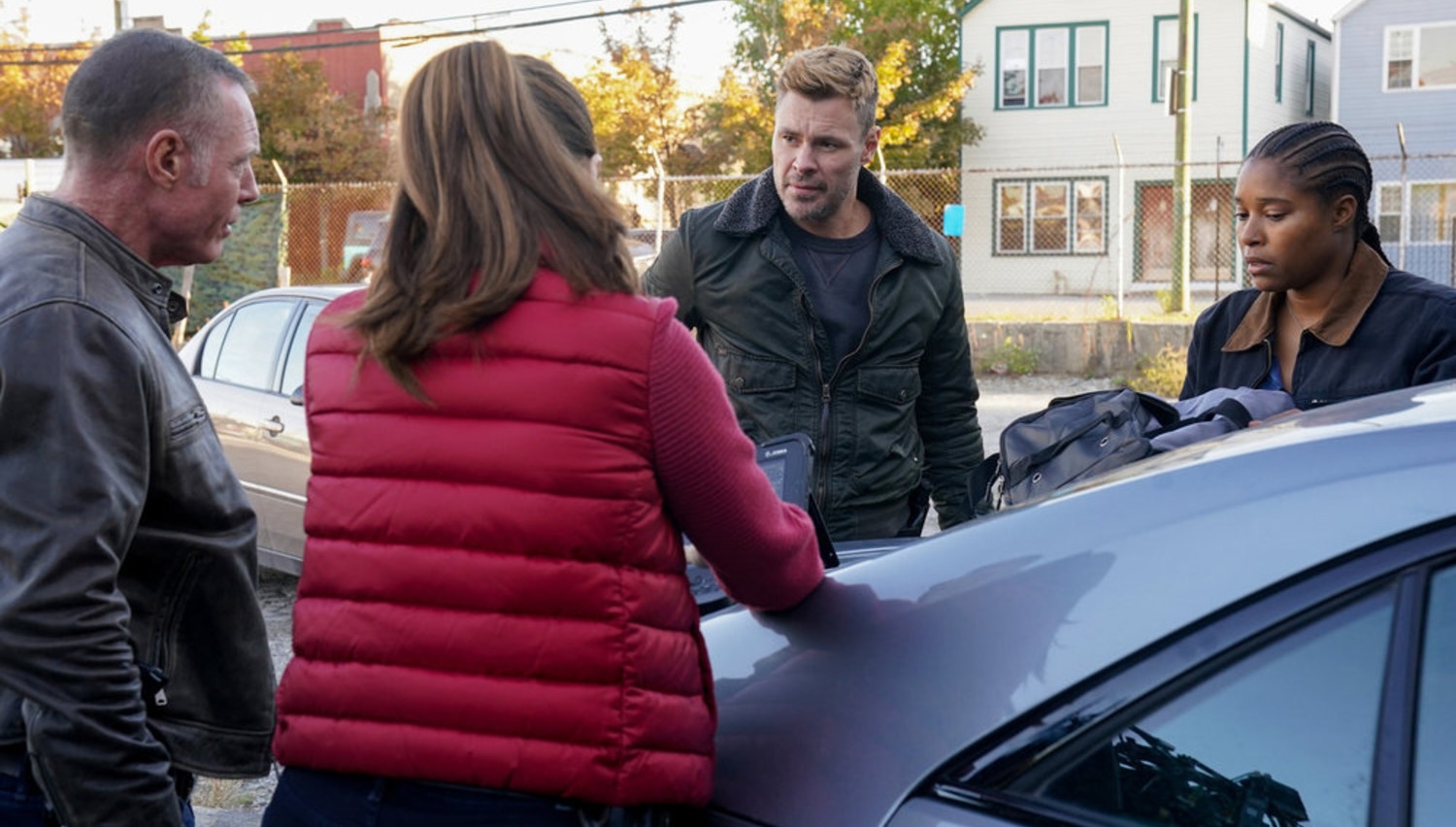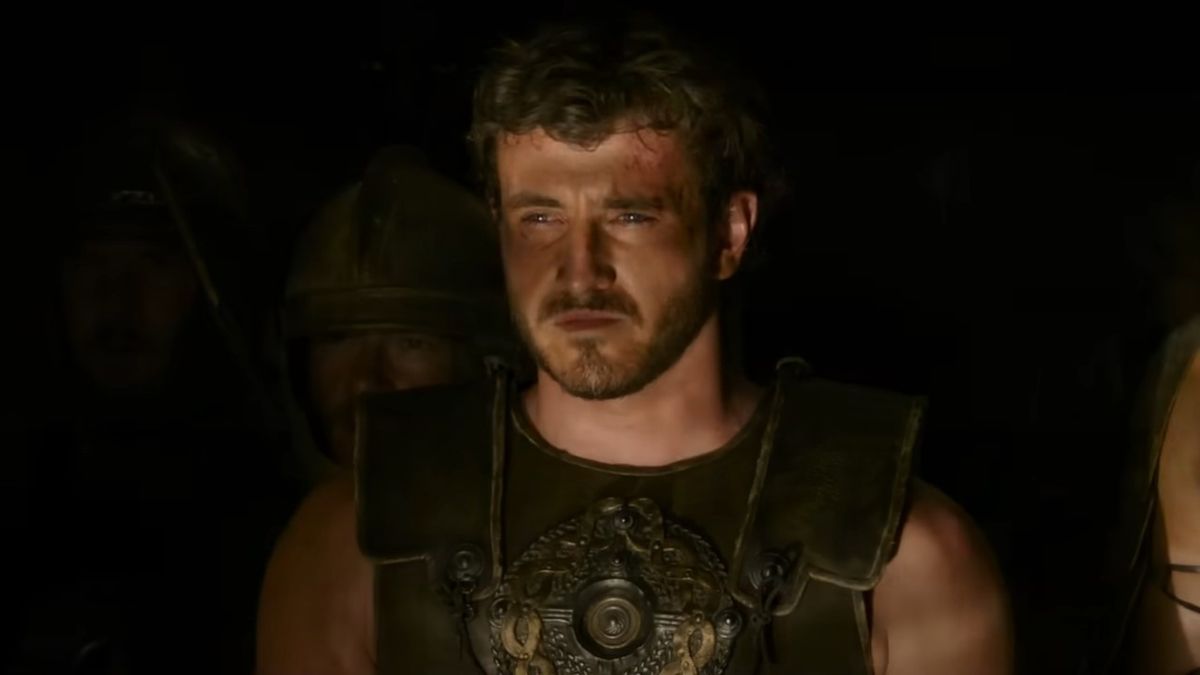When word of emancipation reached them, the last men and women kidnapped in West Africa and sold to American enslavers just wanted to go home. They’d only been in the Mobile, Alabama, area about five years; they belonged in Yorubaland. So they saved their tiny wages and offered $1,000 to the captain of the Clotilda, the ship that had illegally brought them to the U.S. in 1860, to take them back. He refused.
Stuck in Alabama, they made the best of it. They paired off, bought land, built a church and founded the communities on Mobile’s north side known as “Africatown.” It’s still there, and its residents are still fighting for justice.
Nick Tabor’s absorbing Africatown: America’s Last Slave Ship and the Community It Created tells the story of these “shipmates” and their neighborhood up to the present day. The timing of its publication is auspicious, just a few years after the wreckage of the Clotilda was identified off the coast of Alabama in 2018. Zora Neale Hurston’s book Barracoon, based on interviews in the 1920s with shipmate Cudjo Lewis, was finally published that same year.
Africatown was added to the National Register of Historic Places in 2012, an action that was long overdue. If you are looking for a single community that epitomizes the Black experience in the American South, Africatown is a contender. It thrived as industry brought decent jobs, locally owned businesses prospered, and churches and an excellent school provided centers for civic life. But the factories polluted the air and water, then shut down. The residents were targets of white supremacist violence and voter suppression. Highway projects destroyed homes and commerce.
Tabor tells this history seamlessly through key individuals such as Lewis; Henry Williams, a welder who became an early activist; and Joe Womack and Anderson Flen, contemporary native sons who work to protect Africatown from continued environmental racism and to redevelop it as a heritage tourism center. Progress has been halting. The Mobile city government is happy to install laudatory plaques but reluctant to spend the money for real preservation. But the spiritual and biological descendants of that first Africatown generation, dragged from their homes and enslaved by racist white criminals, push on.




